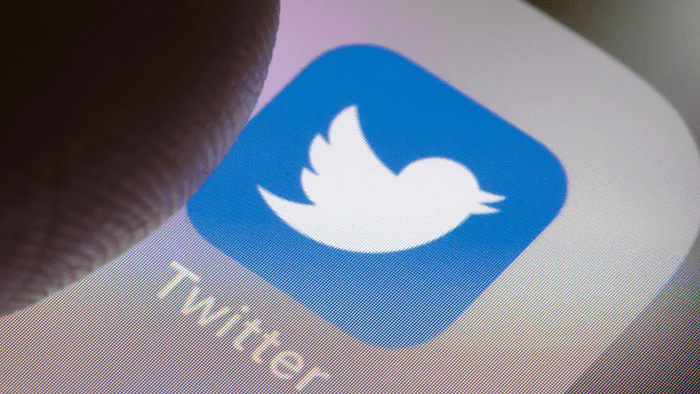
Twitter has updated their safety policy with the stated intention of ridding the platform of messages that "could place people at a higher risk of transmitting COVID-19." This policy will ban tweets that deny guidance from experts, encourage quack treatments and preventive techniques, and give out misleading info claiming to be from health authorities.
So don't do any of that.
For those who violate this rule, Twitter says they'll "require people to remove [those] Tweets."
The company says that it will take things like account history into consideration before enforcing their ruling(s) on tweets. As has been the case in the past, for those who are determined to be violators they will have to remove the tweets in question before they can use the service again. The user will be notified via email and then given a chance to ax the misinformation they chose to share with the world. In the meantime, the tweet isn't viewable to the public.
Tech Crunch points out that the social media site has recently banned tweets that have recommended doing something opposite of what health authorities are advising. For example, suggestions that you go out to a bar and party instead of self-isolate.
The ban will also cover claims from the site's host of self-proclaimed, loud, and completely un-accredited doctors.
Anybody who's spent time on Twitter, for whatever reason, knows this will be a difficult policy to enforce. In order to do so, the company says they're putting in place a "content severity triage system," which will try to locate the most damaging tweets without user flagging being necessary. By Twitter's own admission, this reliance on automation will lead to mistakes being made.
“As we’ve said on many occasions, our approach to protecting the public conversation is never static. That’s particularly relevant in these unprecedented times,” the company said, according to The Huffington Post. “We intend to review our thinking daily and will ensure we’re sharing updates here on any new clarifications to our rules or major changes to how we’re enforcing them.”
